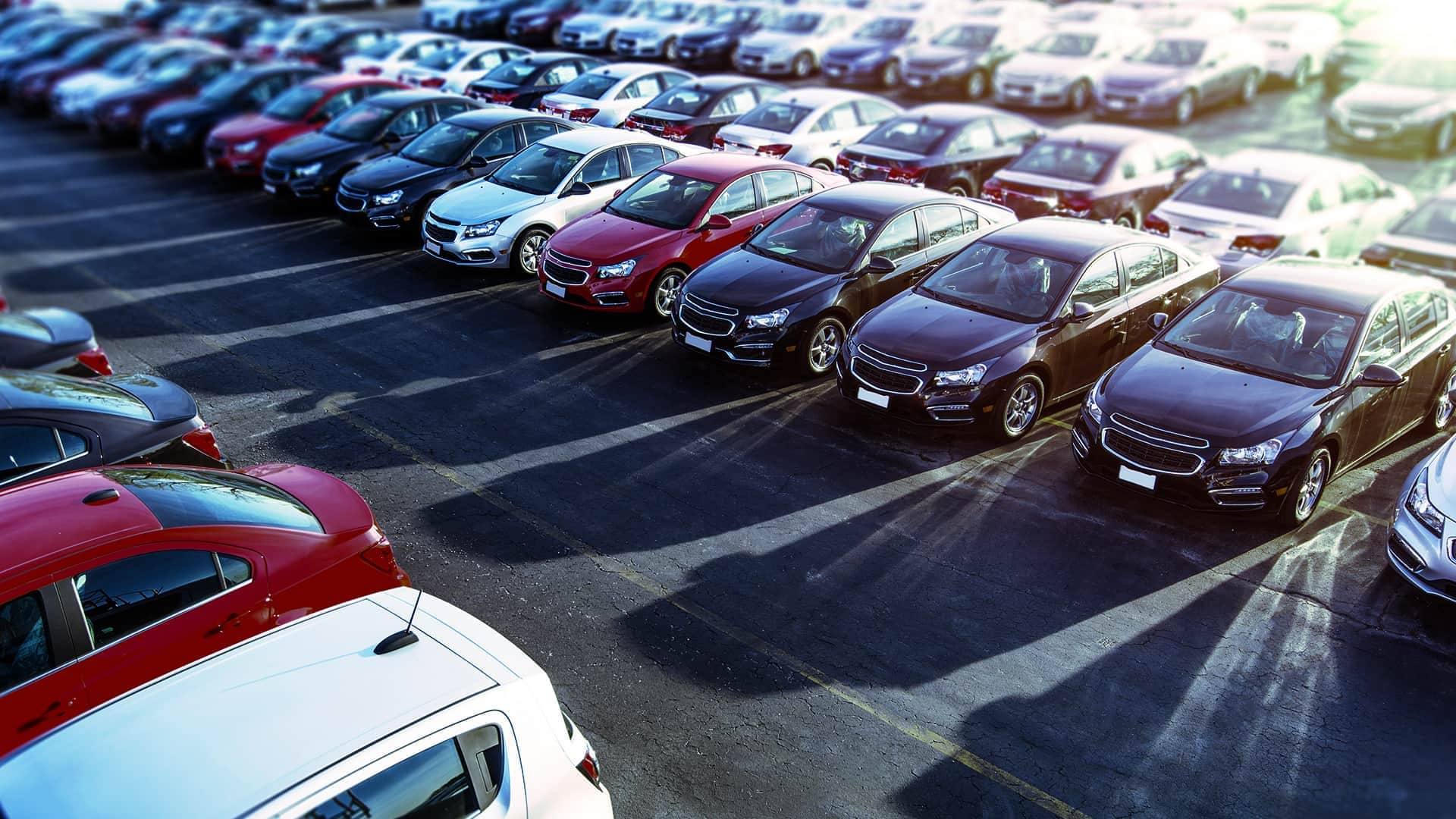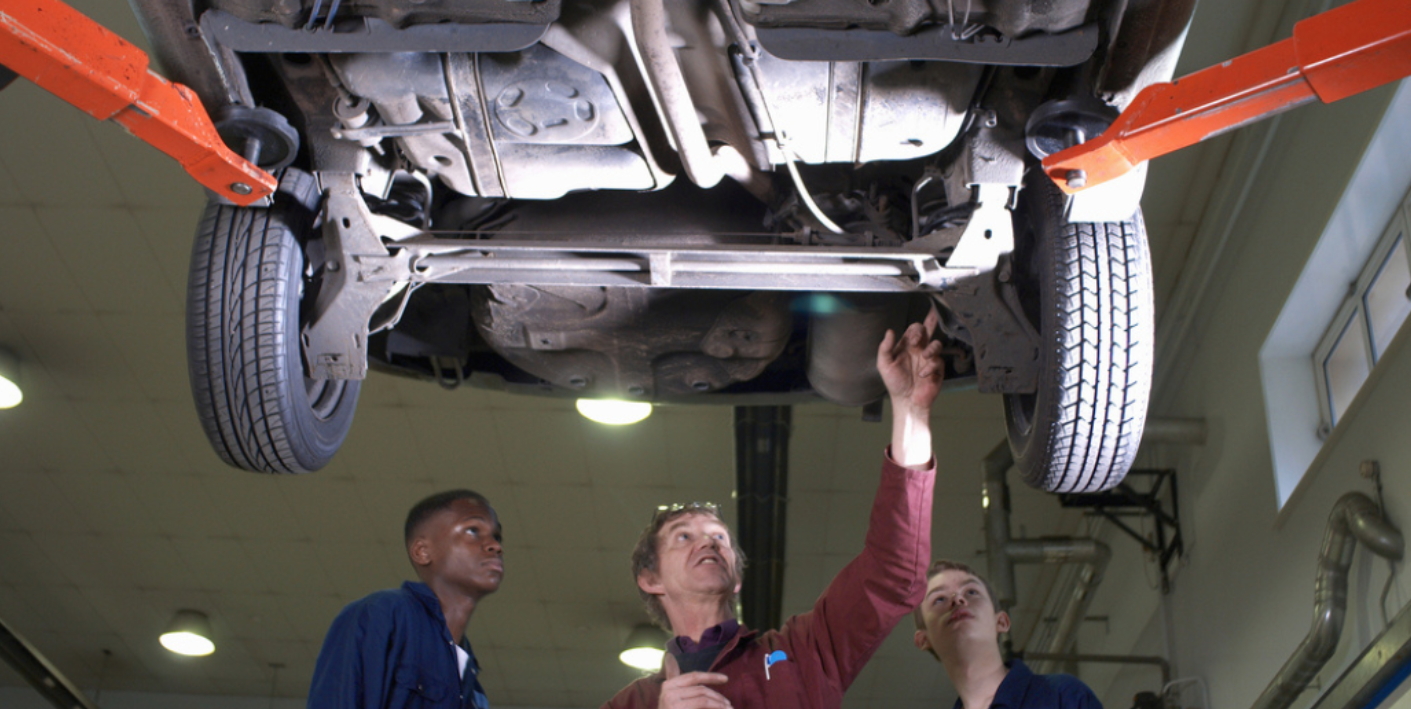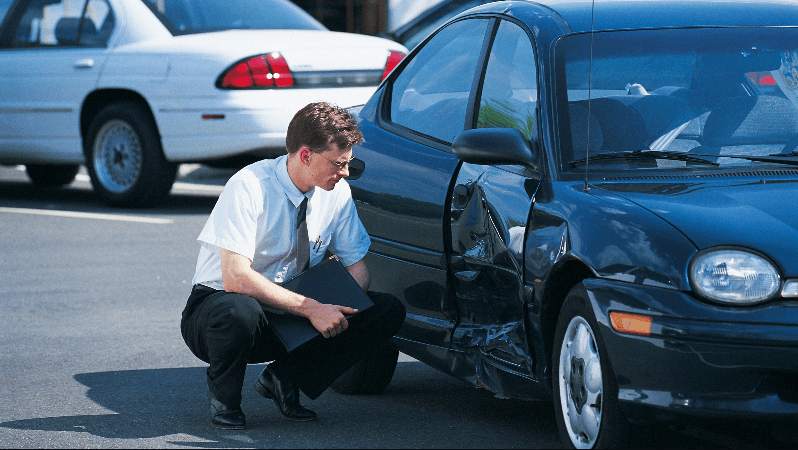Lease Buyout Cost: A Guide to Help Calculate (PDF)

Discover how to determine the expense of purchasing your car lease in four straightforward steps and gain insight into the associated expenditures.
Are you approaching the conclusion of your vehicle lease agreement and feeling uncertain about your next steps? If you have a strong attachment to your car and are not yet ready to part with it, a car lease buyout could be a viable choice.
Your vehicle might be in exceptional condition, free from the need for substantial maintenance or repairs. Alternatively, you may have come to rely on its dependability and require a long-term transportation solution.
Moreover, a lease buyout could make financial sense if the residual value of the car is lower than its market value. Before committing to a lease buyout, it’s essential to consider additional factors like timing and your financial situation.
Understanding Lease Buyouts
A lease buyout refers to the process of acquiring your leased vehicle either before or at the end of the lease term. This entails paying a sum known as the buyout cost. This cost is equivalent to the residual value that the leasing company initially estimated the vehicle would retain at the lease term’s conclusion, along with any applicable taxes, fees, and outstanding lease payments. Before initiating the lease buyout process, it’s crucial to review your lease agreement to ensure that this option is available.
How Does a Lease Buyout Operate?
Having a grasp of how a car lease buyout functions and what to expect can aid in making an informed decision as you approach the conclusion of your lease. Two primary options for lease buyouts dictate when you can complete the buyout process:
- Lease-End Buyout: If your lease contract offers a buyout option, it typically means you can purchase the vehicle when the lease concludes. Opting for a lease-end buyout is a practical choice if you have a fondness for your car and prefer to avoid the complexities of starting a new lease or acquiring a new vehicle. Instead of returning the car to the leasing company, you take ownership by purchasing it. This option is also appealing when it proves financially advantageous, often when the car’s market value exceeds the buyout cost.
- Early Lease Buyout: An early lease buyout involves buying the vehicle before the lease contract’s scheduled end. Although less common, this option can be costly if your leasing company imposes early termination fees on top of the buyout price. However, it may be the best course of action if you are concerned about excess wear and tear or mileage fees associated with breaching your lease agreement.
Calculating a Car Lease Buyout in Four Simple Steps
Here are straightforward guidelines to determine the amount required for your car lease buyout:
- Determine the Residual Value: The residual value of your car represents its expected worth after your lease, accounting for depreciation during the lease term. This value is determined by the leasing company and is typically outlined in your lease agreement.
- Research the Market Value: The market value of your vehicle is the amount a dealership or buyer would pay for it. Utilize resources like the Kelley Blue Book car value calculator to ascertain your vehicle’s worth based on factors such as location, make and model, age, condition, features, and mileage.
- Compare Residual Value and Market Value: A straightforward comparison between your vehicle’s residual value and its current market value can provide clarity on whether a lease buyout is financially prudent. It’s worth noting that leasing companies typically do not negotiate the residual value, which forms a substantial part of the buyout cost. Thus, if your car’s value is lower than the residual value stated in your contract, a lease buyout may not be financially sound.
- Factor in Taxes and Fees: Depending on your location, you may need to cover local and state used car sales taxes as part of the buyout cost. Additionally, budget for licensing or registration fees associated with transferring the vehicle into your name. Some leasing companies levy a purchase option fee, and the buyout price may include outstanding lease payments, particularly in the case of an early buyout. It’s prudent to double-check your lease agreement to prepare for these additional expenses.
Paying for a Car Lease Buyout

If your lease agreement offers a buyout option, you can inform the leasing company of your intent to purchase when the time is right. You may explore the possibility of securing a lease buyout loan from a financial institution to finance the purchase.
A lease buyout loan operates similarly to an auto loan, featuring fixed monthly payments, an annual interest rate, and a defined loan term or duration. Alternatively, if you have the necessary funds set aside for the purchase, you can choose to cover the buyout cost in cash.
Factors to Deliberate Before Committing to a Lease Buyout
If you are contemplating the acquisition of your leased vehicle, it’s advisable to conduct thorough research to ascertain whether a lease buyout aligns with your circumstances. For further clarity, consider the following factors:
- Timing Considerations: Assess the timing of your car lease buyout. For instance, if you are considering a buyout a year before your lease concludes, consult your lease agreement to determine if any additional fees apply for early termination. If they do, it may be prudent to wait until the lease naturally concludes before proceeding with the buyout.
- Determining the Car’s Current Value: Evaluating your car’s current value is pivotal in making an informed decision. Research the retail price of your vehicle, which represents the amount you would pay a dealership for its purchase. Additionally, ascertain the wholesale value, or the amount a dealer might pay for the car at an auction. Compare these values with the vehicle’s residual value. If the market value exceeds the residual value, buying the car may be an attractive proposition. Conversely, if the opposite holds, purchasing the car may not be financially viable.
- Exploring Financing Options: It is common to require financing for your car lease buyout. Although your current leasing company may offer financing options, you are not obligated to stick with their terms. Reach out to other financial institutions such as banks or credit unions to explore the loan products they offer. Some providers offer competitive rates, and it’s only through comparison that you can determine the most favorable terms. A higher credit score can also enhance your chances of securing a better deal, as lenders often extend lower interest rates to individuals with strong credit profiles.
- Negotiating the Buyout Price: While many leasing companies have non-negotiable clauses in their lease agreements regarding the buyout price, it doesn’t hurt to inquire about the possibility of negotiation. Some lessors may be open to negotiations and could offer financing incentives or purchase-related benefits. You might also consider negotiating the potential purchase option fee.
- Allowing the Leasing Company to Initiate: Typically, leasing companies reach out to lessees within the last 90 days of the lease term. It is advisable to let the leasing company take the initial step and contact you regarding the lease’s conclusion. This approach can provide you with a stronger position when expressing your intent to purchase the leased vehicle. Furthermore, it may foster a more favorable atmosphere for negotiations compared to preemptively conveying your intentions.
Is a Car Lease Buyout a Sound Decision?
A car lease buyout is not universally suitable and may not be financially prudent in all cases. Consider the scenario where the car’s buyout price surpasses its market value. For instance, if the buyout price is $10,000, but the car’s value is only $7,500, it may be more sensible to explore trading the vehicle for a new lease rather than purchasing it.
Conversely, a car lease buyout can be an attractive proposition if the market value of the vehicle exceeds the buyout price. Nevertheless, it is crucial to ensure that a lease buyout aligns with your financial objectives. If your attachment to the car is particularly strong, you might contemplate proceeding with the buyout even if it entails a cost that surpasses the vehicle’s market value.
Familiarize yourself with your lease agreement’s terms to ascertain your eligibility for a lease buyout and the potential associated fees. Keep in mind the timing and financing considerations about your vehicle’s value and condition. Proceed with a lease buyout only if it proves to be a favorable option in light of these factors.





